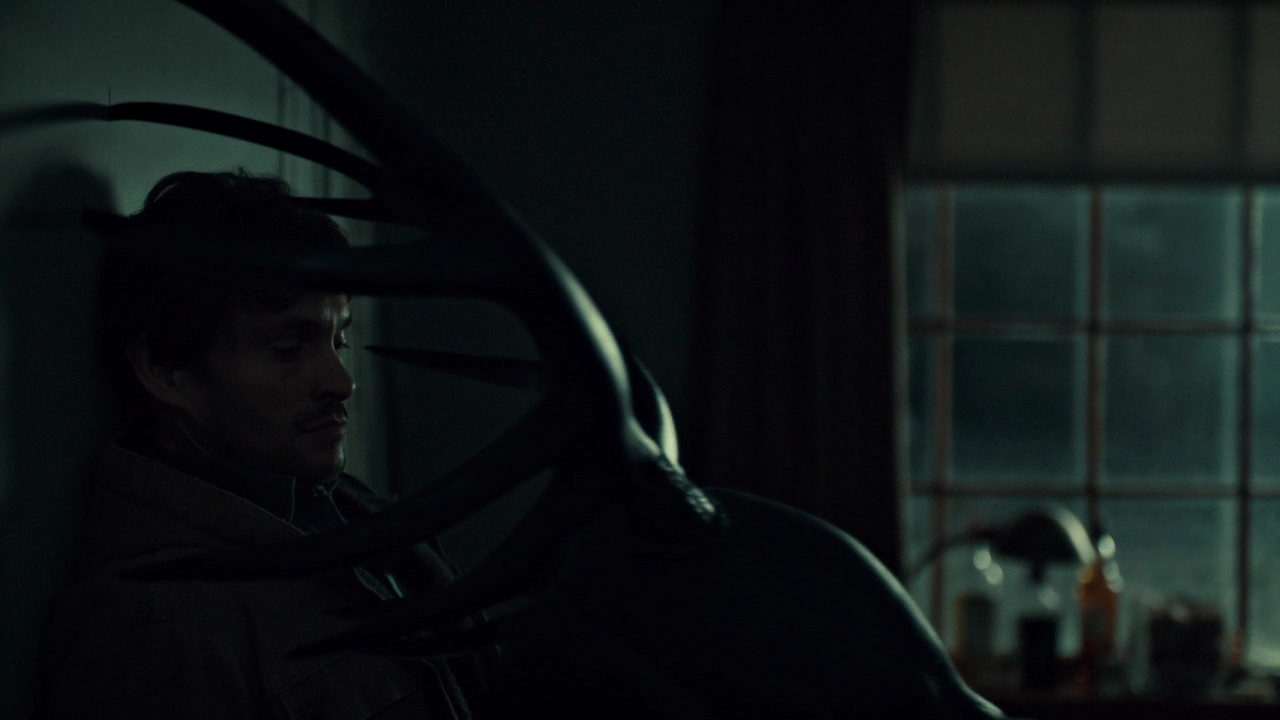You find me, EP readers, in the midst of my annual Elvis Kick, the time of the year where, werewolf like, the Presley geek within rises and takes the wheel for about six months. Hence the title of this post, a kinda play on Jumpsuit Elvis’ I Just Can’t Help Believin’, the BJ Thomas cover I’m playing and replaying at an aggressively antisocial volume.
(“We all immediately understood that, James! Don’t talk down to us, the audience! And don’t anticipate our reaction within the body of the text, who do you think you are? Jim Gaffigan?”)
Alright, the business of the day. Lots of fun and unusual bullets in my arsenal this time out.
Kevin and I haven’t yet had the chance to reconvene in my podcast marriage, Pex Lives, after how we spent our summer vacation, but, barring a terrible catastrophe, we’re all go for Sunday, so keep your eyes peeled and your ears open for that one. We pride ourselves on being scheduling geniuses and have, let me be clear, never made any ridiculous mistakes around a) the clocks changing, or whether GMT is all year round, b) which weekend “Next weekend” means, c) one of us going on the drink when we intended to record. I’m very excited.
I continue to be a proud part of Wrong With Authority and all its footnotes and spin-offs. I recently recorded a commentary with the big brother I never had, Kit Power, while I was operating at about 60% with a malignant hangover. We had drank whiskey and watched a full Bruce Springsteen show on DVD the night before, but the hangover had nothing to do with that. We talked 1931’s Frankenstein, a film that will forever hold a powerful spell over me. I think it’s a good listen.
http://wrongwithauthority.libsyn.com/footnote-3-frankenstein-1931
I’ve got two new episodes of City of the Dead to tell you about, with the still-fresh co-host Mr Lee Russell. I’m a huge Lee fan, as I’ll tell anyone, whether they be a friend online like yourself, or a stranger unfortunate enough to sit next to me on a long train ride. He’s simply one of the best podcasters in the business, as far as I’m concerned, and would be pulling down Adam Carolla money if this world’s laughable claims to be a meritocracy were true. We’re still journeying through the Amicus filmography and quietly plotting future moves. I’ve relaxed on mic with him now and the show’s really coming out nice.
http://pexlives.libsyn.com/city-of-the-dead-14-asylum
http://pexlives.libsyn.com/city-of-the-dead-15-tales-from-the-crypt
Speaking of the astonishingly underrated, I spoke with my good friend and drinking buddy, Ric, a Squid From Space, on 2017’s horror graphic novel House of Penance.
http://pexlives.libsyn.com/panel-talk-with-ric-house-of-penance
And, in the most unexpected turn, at the start of the year I had the pleasure of sharing a microphone with Jersey’s most charming man and talk about the genuinely interesting philosophy, racial politics of a long-ignored phenomenon, the Mr Men books. I’ve been sitting on this one for a while because my recording set-up was kinda fucked at the time, but I listened back and I think that this is a great leap into the imaginative worlds of children’s fiction and the questions that simply go unasked.…
Continue Reading
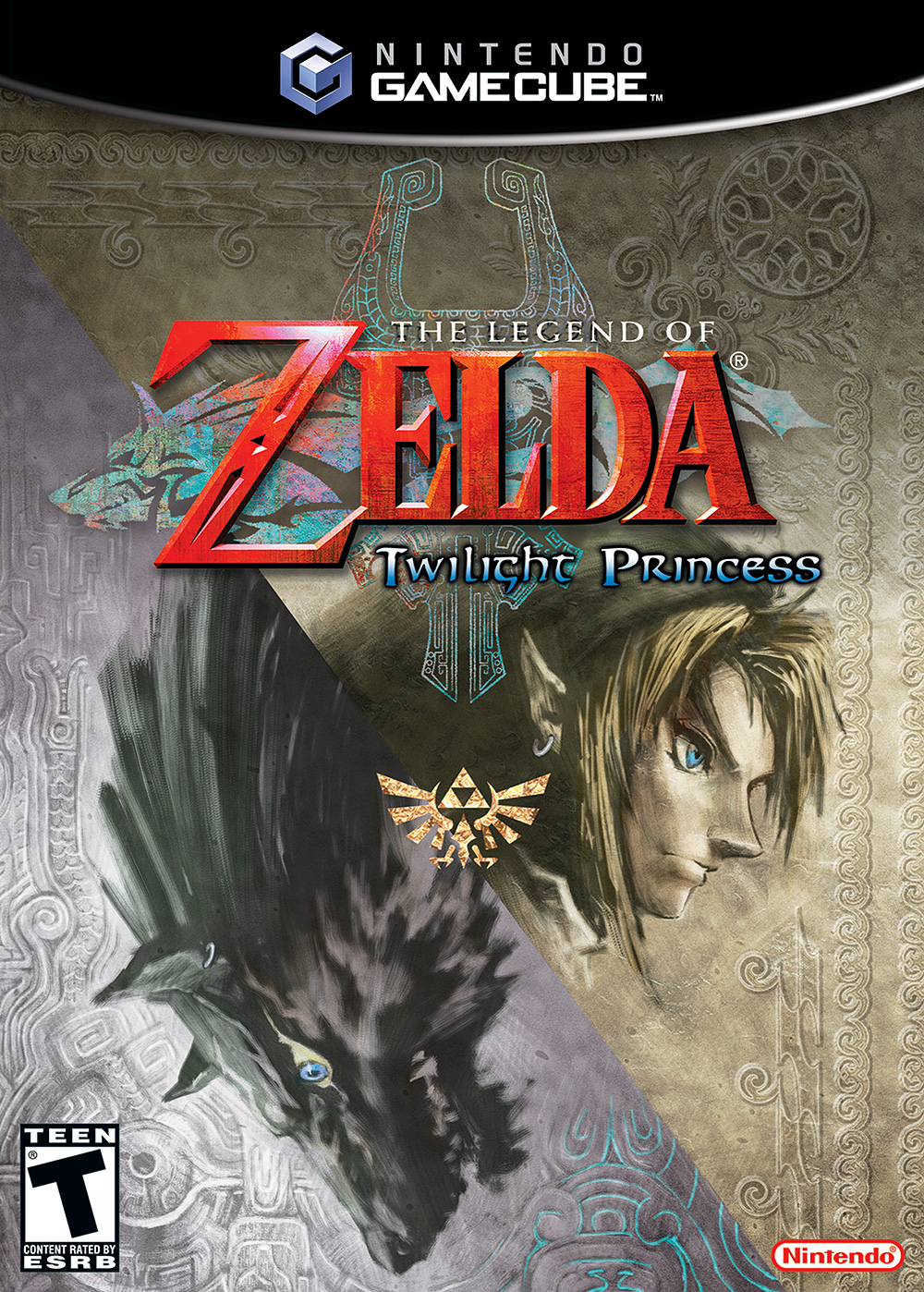 This is the story they used to tell in the lands of Ordon.
This is the story they used to tell in the lands of Ordon.
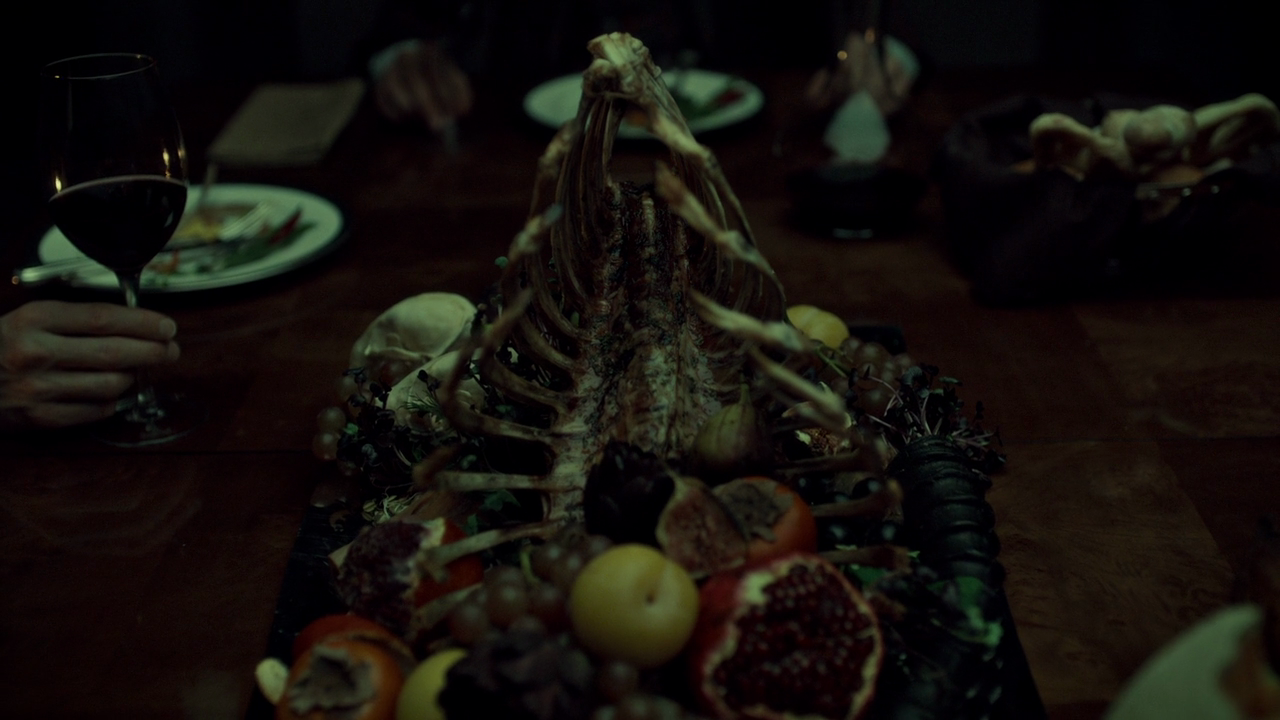 MIZUMONO: Dessert. Unlike savoureux, mizumono is in fact sweet, suggesting that the show has allied itself with Hannibal’s perspective as opposed to Will’s.
MIZUMONO: Dessert. Unlike savoureux, mizumono is in fact sweet, suggesting that the show has allied itself with Hannibal’s perspective as opposed to Will’s.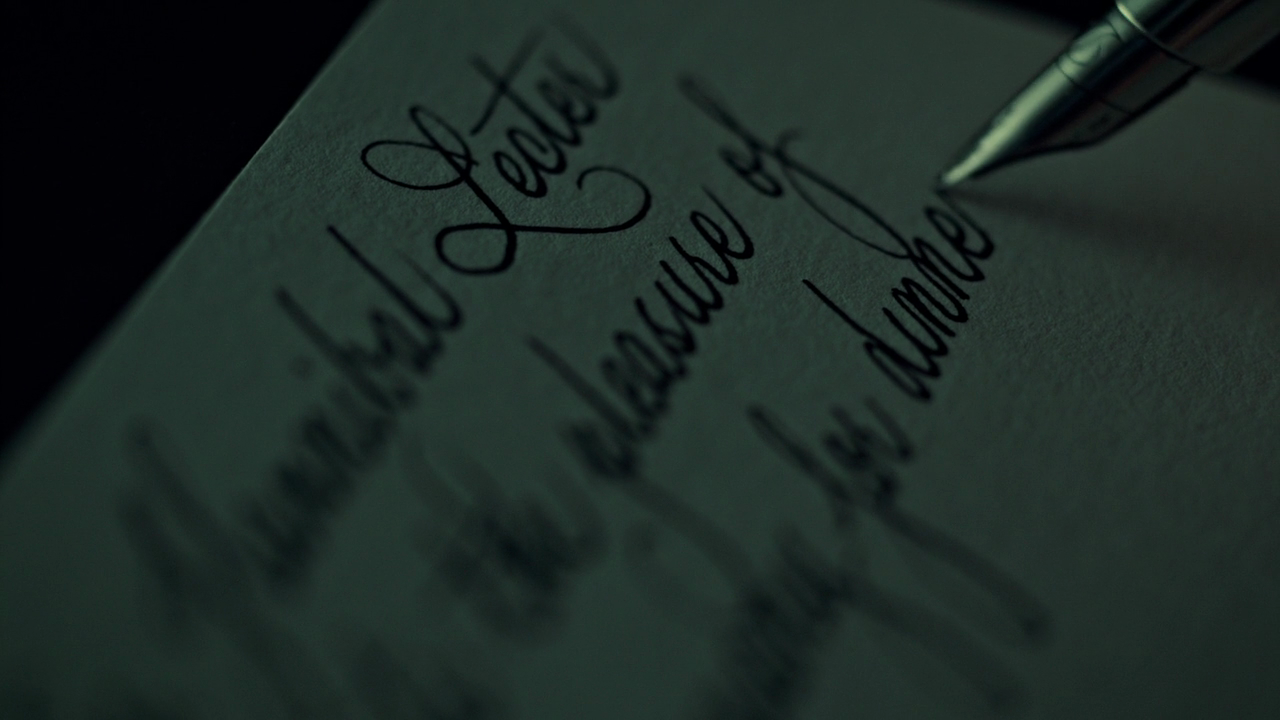

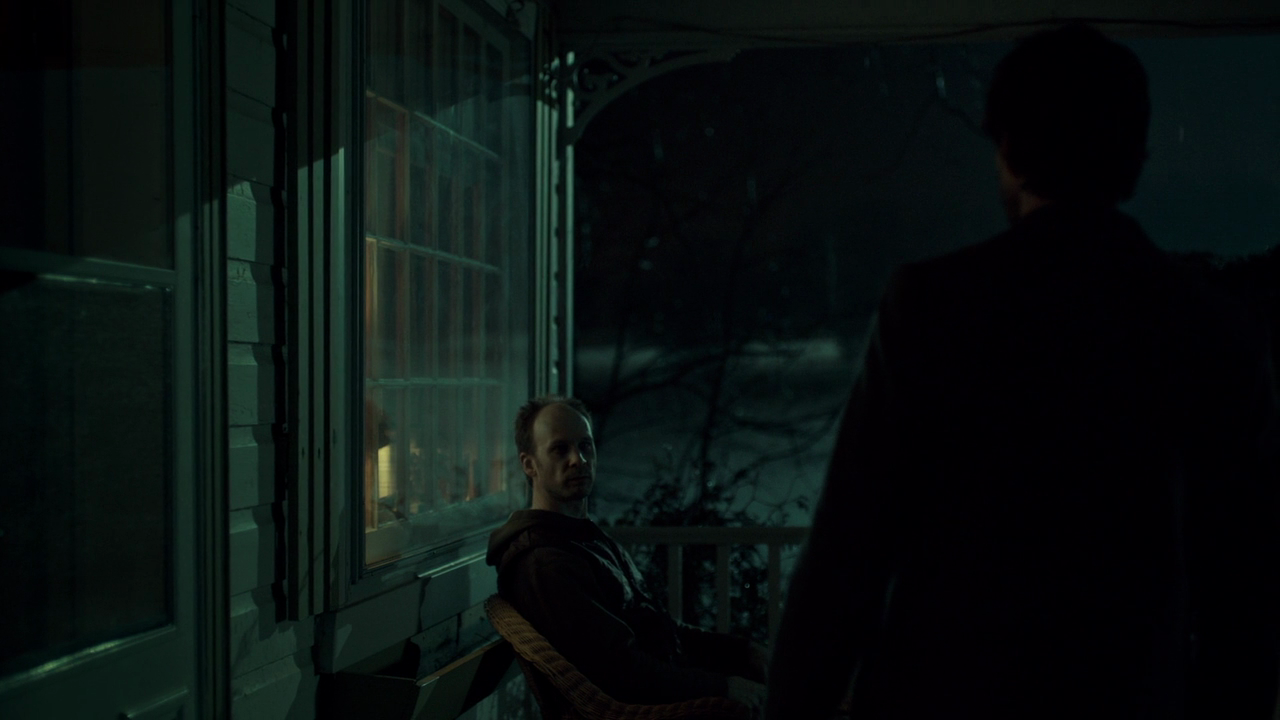
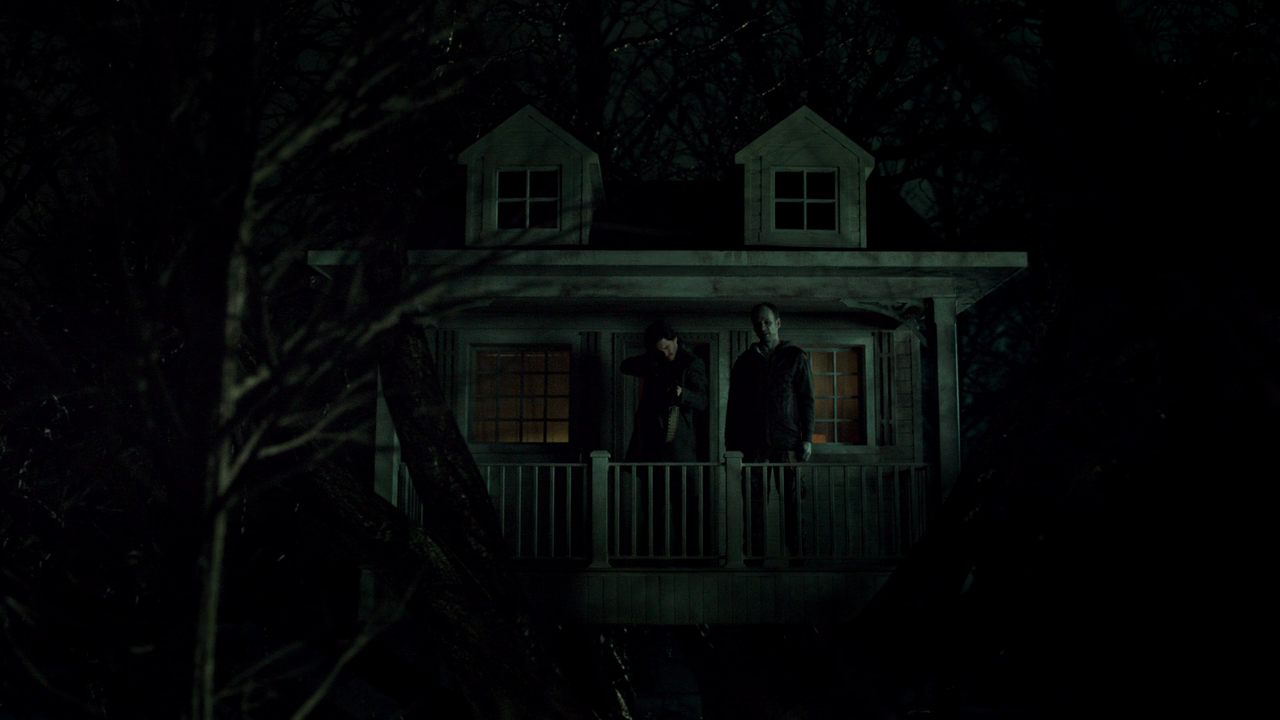

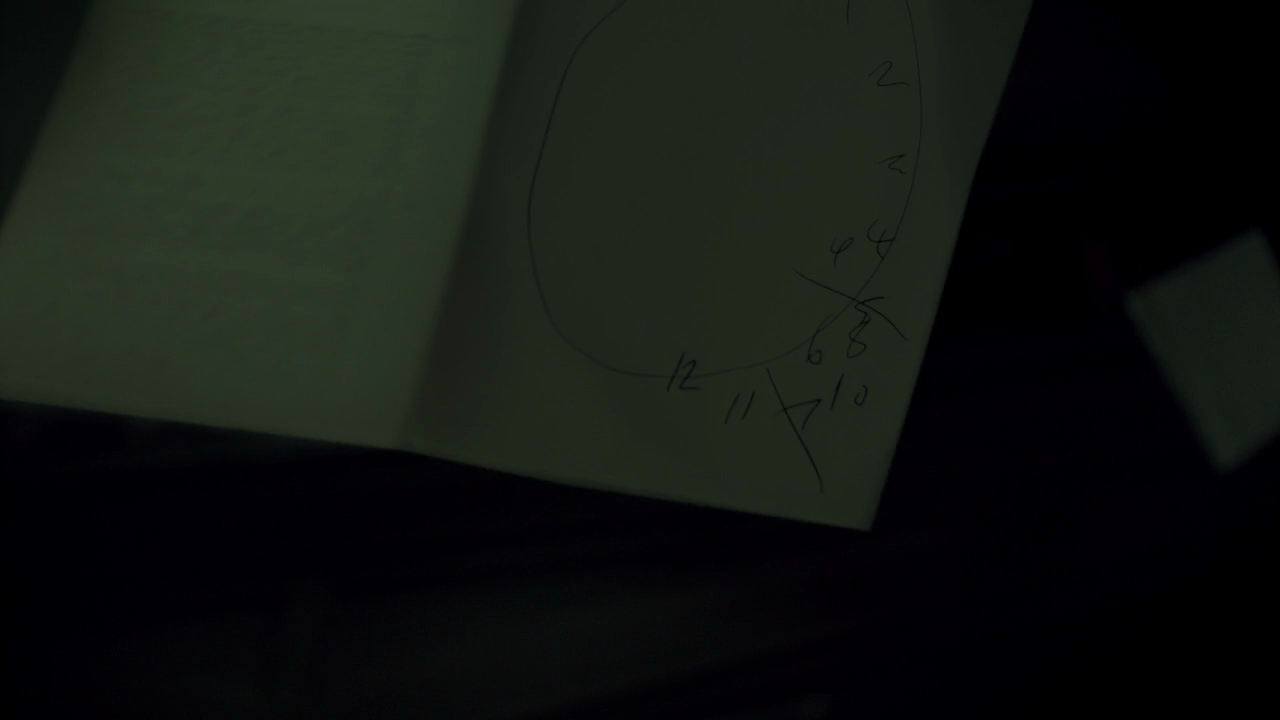
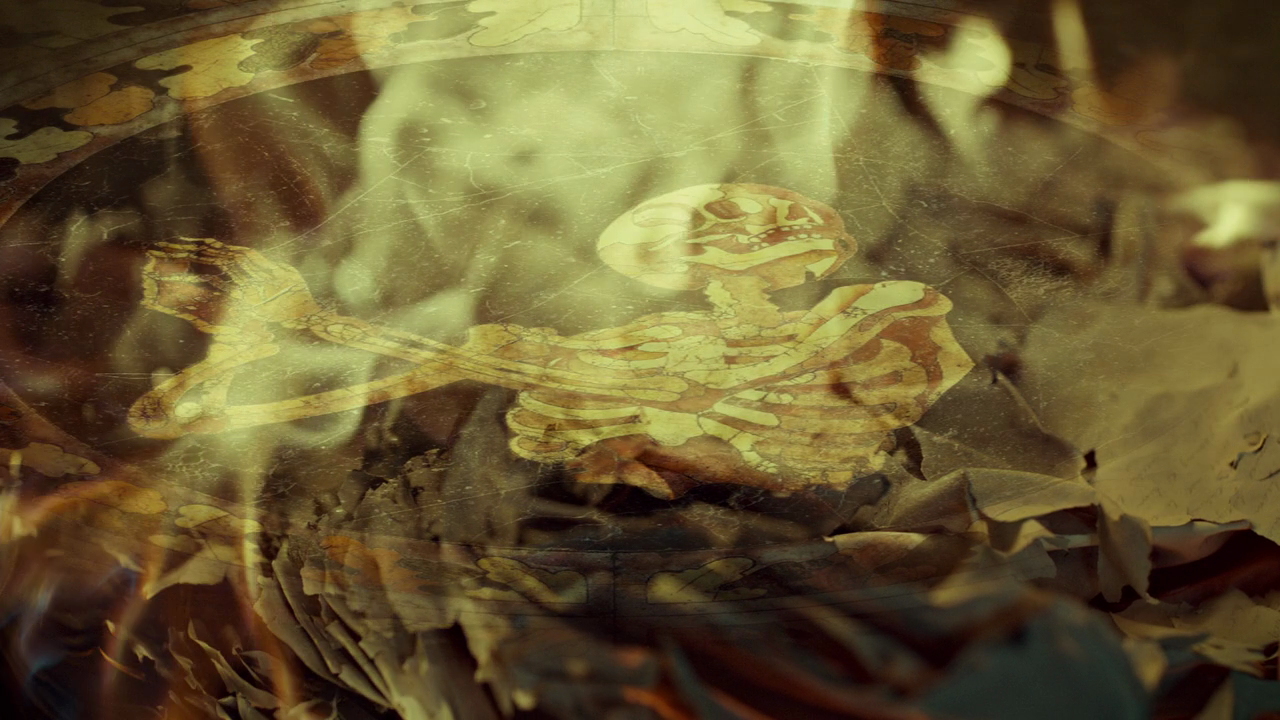
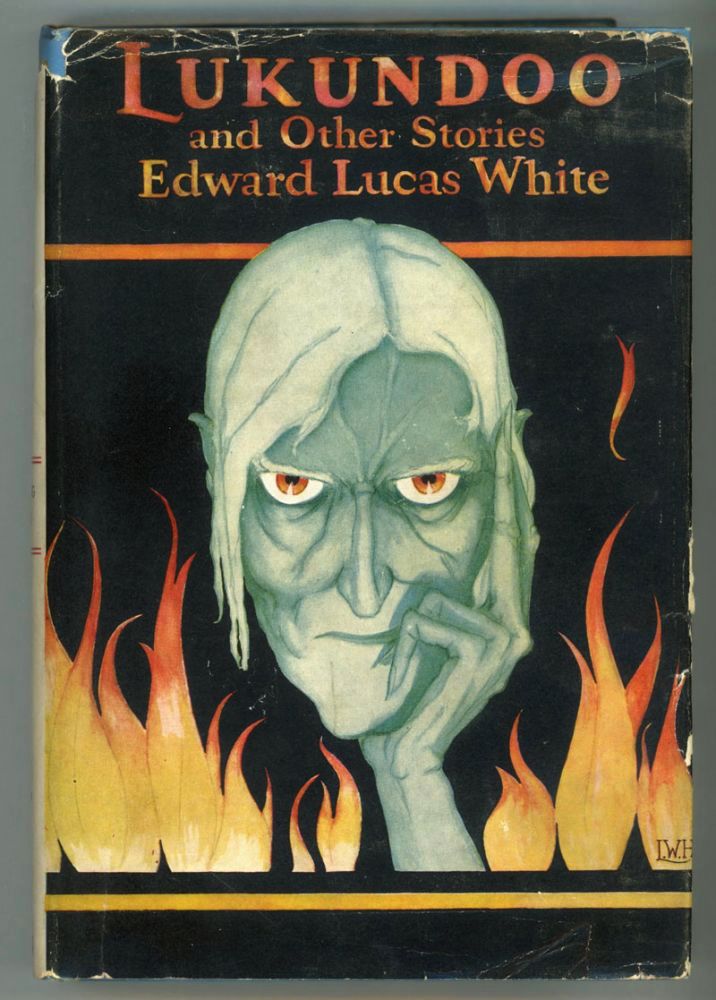 If you’d like to hear me read a Weird tale, click
If you’d like to hear me read a Weird tale, click 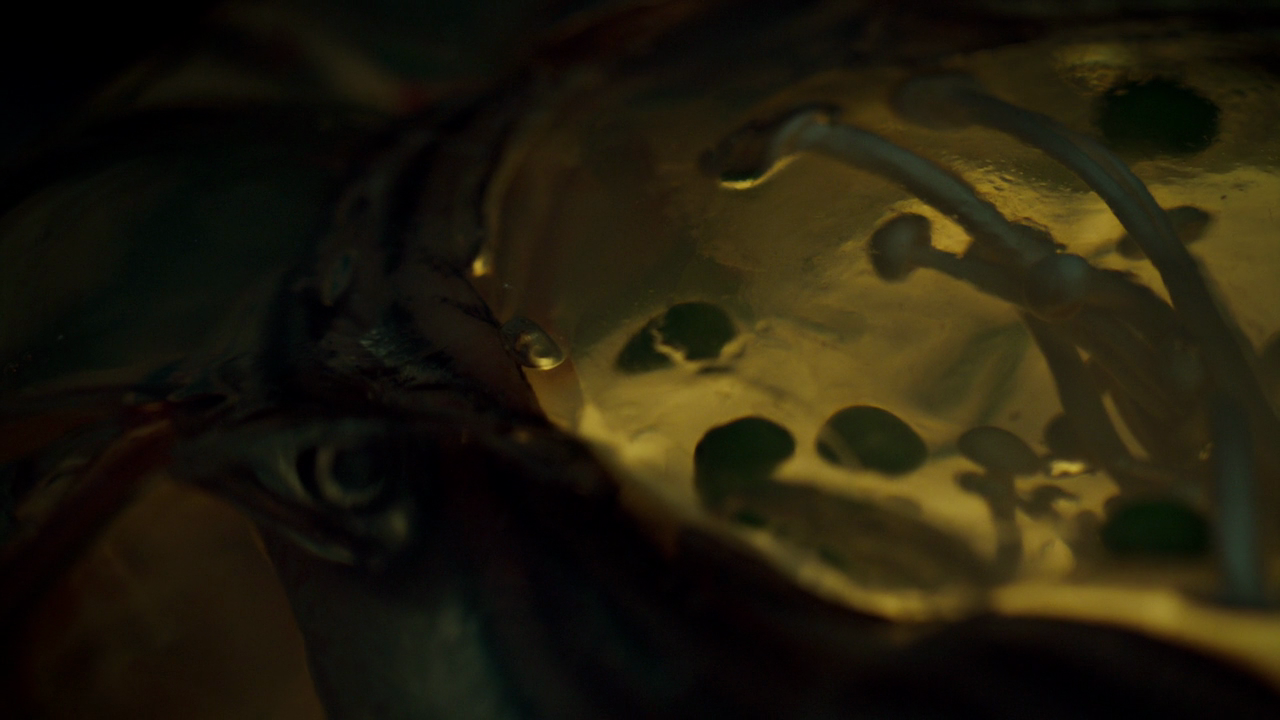 TOME-WAN: A miso or vegetable soup with rice. This signifies nothing more than the approaching end of the meal.
TOME-WAN: A miso or vegetable soup with rice. This signifies nothing more than the approaching end of the meal.

 KŌ NO MONO: An assortment of pickled vegetables. Janice Poon suggests that this signals the approaching denouement, and also makes a nice metaphor about the vegetables sharpening the senses, which is what Alanna needs. The reality is that the second season is not so much going off the rails as plummeting down the gorge, watching mournfully as the rails disappear into the sky.
KŌ NO MONO: An assortment of pickled vegetables. Janice Poon suggests that this signals the approaching denouement, and also makes a nice metaphor about the vegetables sharpening the senses, which is what Alanna needs. The reality is that the second season is not so much going off the rails as plummeting down the gorge, watching mournfully as the rails disappear into the sky.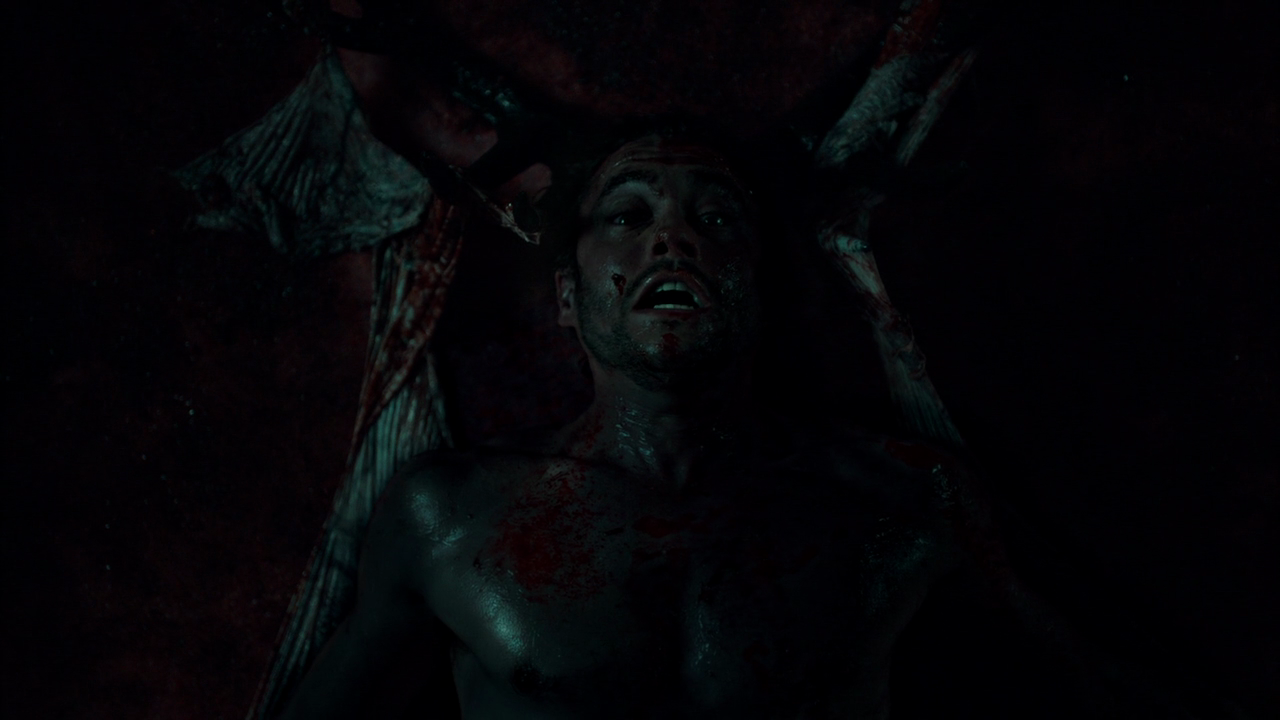
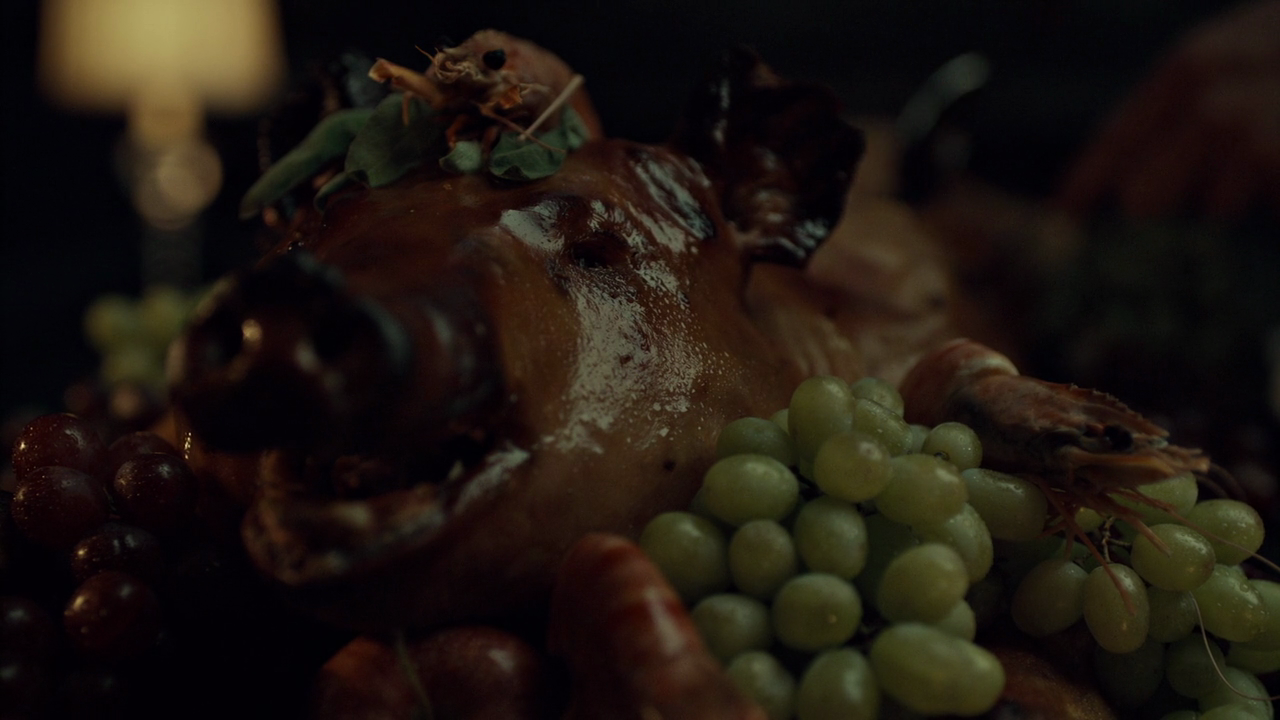 NAKA-CHOKO: A citrusy soup, used as a palate cleanser. Hannibal does suggest that a meat has citrus notes, but that’s a stretch. Not even Janice Poon tries to explain this one.
NAKA-CHOKO: A citrusy soup, used as a palate cleanser. Hannibal does suggest that a meat has citrus notes, but that’s a stretch. Not even Janice Poon tries to explain this one.